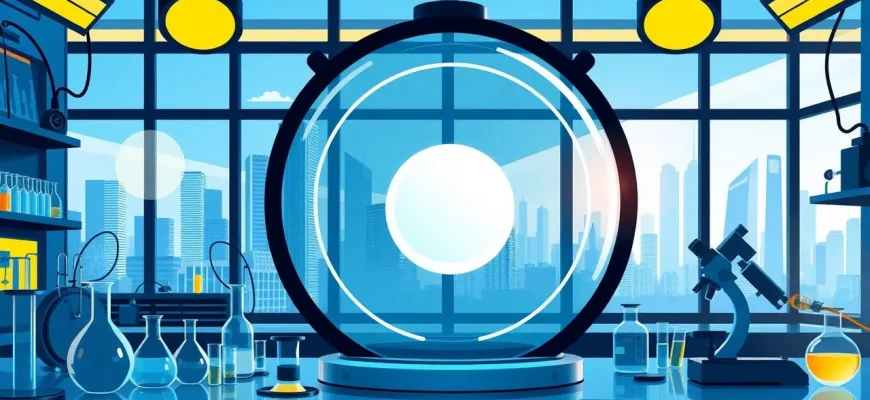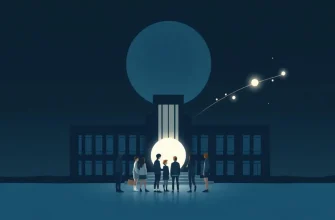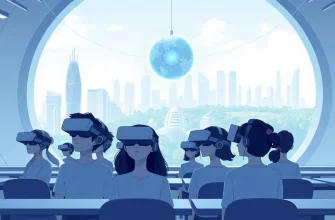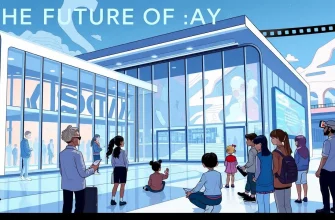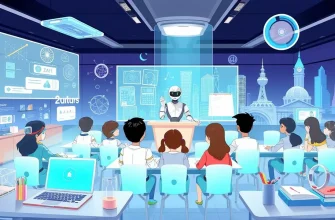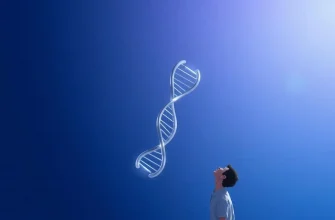Dive into the realm of science fiction where experiments and tests push the boundaries of human understanding and ethics. These films explore themes of scientific discovery, moral dilemmas, and the consequences of playing with forces beyond our control. Whether it's testing human limits, exploring new technologies, or probing the mysteries of the universe, these movies offer a thrilling ride through speculative science and its implications.
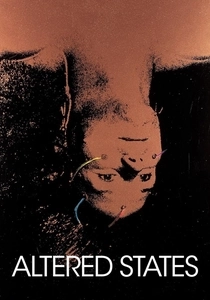
Altered States (1980)
Description: A Harvard scientist experiments with sensory deprivation tanks and hallucinogenic drugs, leading to physical and psychological transformations that test the boundaries of human consciousness.
Fact: The film was based on the novel by Paddy Chayefsky, who also wrote the screenplay.
 Watch Now
Watch Now 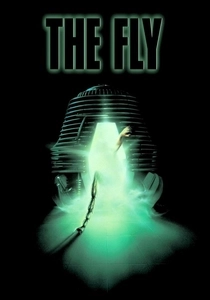
The Fly (1986)
Description: A scientist's experiment with teleportation goes horribly wrong when a fly enters the telepod with him, leading to a grotesque transformation. It's a chilling exploration of scientific hubris.
Fact: The film was a remake of the 1958 film of the same name, but with a much more graphic and horrifying transformation.
 Watch Now
Watch Now 
The Lawnmower Man (1992)
Description: A mentally challenged man becomes the subject of an experiment to enhance his intelligence through virtual reality, but the results are far from what was intended.
Fact: The film was one of the first to explore the concept of virtual reality in cinema.
 Watch Now
Watch Now 
Cube (1997)
Description: A group of strangers wake up in a mysterious cube-shaped room with no memory of how they got there. They must navigate through a series of deadly traps to escape, testing their survival skills and sanity.
Fact: The film was made on a very low budget, with most of the sets being constructed from foam.
 Watch Now
Watch Now 
The Matrix (1999)
Description: While not directly about a test, the film's premise involves a simulated reality test for humanity, questioning what is real and what is an illusion, making it a fitting entry in this list.
Fact: The Wachowskis developed the concept for "The Matrix" after reading "Simulacra and Simulation" by Jean Baudrillard.
 Watch Now
Watch Now 
The Island (2005)
Description: In a seemingly utopian facility, residents are told they are survivors of a global contamination, but the truth is far more sinister. The film explores the ethics of cloning and the human desire for freedom.
Fact: The film's concept was inspired by the 1979 film "Parts: The Clonus Horror," which dealt with similar themes.
 Watch Now
Watch Now 
Ex Machina (2014)
Description: A programmer is invited by his CEO to administer the Turing test to an intelligent humanoid robot, raising questions about consciousness, intelligence, and the nature of humanity.
Fact: The film was shot in a secluded location in Norway, enhancing the isolated feel of the story.
 Watch Now
Watch Now 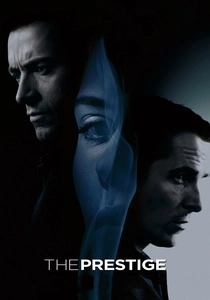
The Prestige (2006)
Description: Two stage magicians engage in a battle of wits and deception, with one magician's ultimate trick involving a dangerous experiment with teleportation, testing the limits of science and magic.
Fact: The film's title refers to the third act of a magic trick, where the magician makes something disappear or reappear.
 Watch Now
Watch Now 
The Experiment (2010)
Description: This film delves into the psychological effects of power and authority when 26 men are chosen to participate in a 14-day prison simulation experiment. It's a gripping look at how quickly civilized behavior can break down under the right conditions.
Fact: The film is based on the real-life Stanford prison experiment conducted in 1971, and it has been remade several times in different countries.
 Watch Now
Watch Now 
The Adjustment Bureau (2011)
Description: A man discovers that his life is being controlled by a mysterious group known as The Adjustment Bureau, who use their powers to test and alter human destinies.
Fact: The film is loosely based on a short story by Philip K. Dick, known for his speculative fiction.
 Watch Now
Watch Now 
